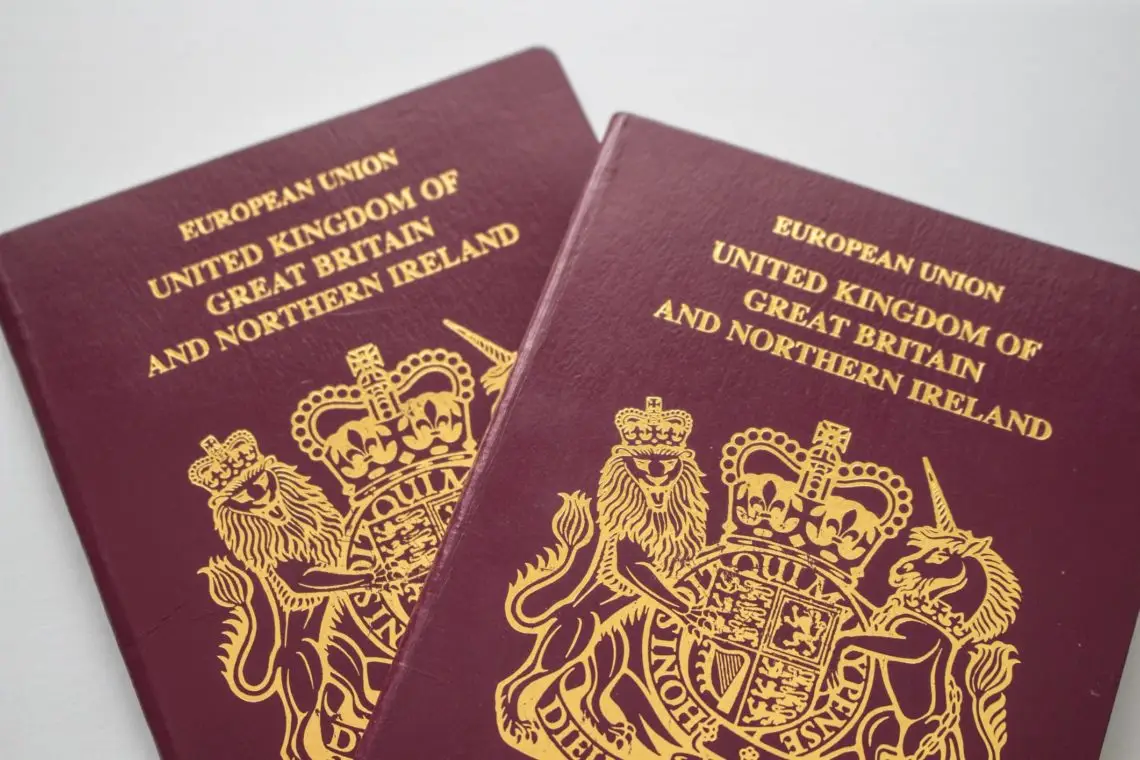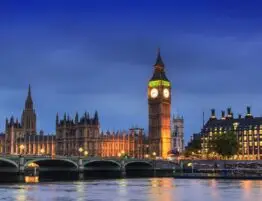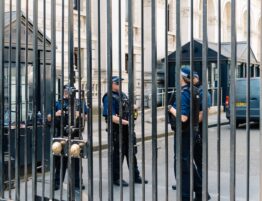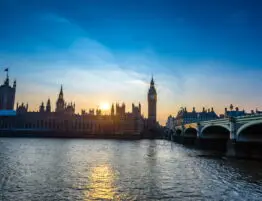
As we recently explained (“The ‘good character’ requirement for British naturalisation”, 13 January 2020), British naturalisation applications can be fatally damaged by character issues emanating from the ten-year period before the date of application.
Now another, connected, issue and potential problem presents itself to the nation – or at least that part of it which keeps up with the news about the royal family. Bearing in mind that Prince Harry and his American wife Meghan are now planning to spend substantial time in Canada, and thus have one home there and one home in the UK, what is going to happen to her chances of becoming a British citizen?
It was always generally assumed that she wanted to become a British citizen but perhaps that is not so obvious now. But, assuming that she still does, she will have legal obstacles to navigate.
Before she can get British citizenship she will have to get indefinite leave to remain (otherwise known as “settlement”). But for both settlement applications and naturalisation applications there are limits on how much time you can spend outside the UK. Like most things to do with UK immigration law it is all rather complicated: there are two sets of rules and they are different and both fairly obscure.
The Immigration Rules say that if someone applies for settlement on the basis of marriage or partnership with a British or settled person they must have lived “in the UK” with their partner for the relevant period (normally five years). This seems to create a starting point that they must have spent all their time in the UK with their partner, but further words in the rule modify this to the extent that if there is “good reason, consistent with a continuing intention to live together permanently in the UK” for having spent periods outside the UK this will be acceptable.
So if you and your British partner zoom off to the Caribbean for a couple of weeks’ holiday once a year that is unlikely to cause a problem.
But of course the situation is not always so straightforward. Sometimes there are reasons to do with work, family connections or other personal matters that cause the migrant or their partner – or both – to stay outside the UK for long periods.
The rules do not provide us with any mathematical steer – unlike with for example working visas, for which you must not spend more than 180 days per 12 months outside the UK if you want to acquire settlement. It is all a matter of the Home Office’s discretion.
Further published material from the Home Office does give us something of a hint: if you have spent more than half your time outside the UK you may really face a struggle to acquire settlement. But that does not mean to say that if you have spent less than half your time but substantial time outside the UK you will succeed. It depends on the facts and reasons and on how generously discretion is exercised.
Anyway, assuming that you do successfully acquire settlement and that you now want British citizenship, you come up against a different set of rules but, again, there may be an element of discretion in the decision-making. There are a couple of slight complexities but, briefly and basically, you should not have spent an average of more than 90 days outside the UK per year.
But if you have spent more time than this outside the UK your application may nonetheless be successful, because the Home Office will, or might, exercise discretion.
The way that these discretionary policies is written is rather curious, but at least (unlike the settlement rules) they provide us with some mathematical figures.
To take an interesting example, if like Meghan you are married to a British citizen you should not have spent more than 270 days outside the UK in the last three years. However, if you have spent up to 300 days the extra days will be “normally disregarded”. So it seems that in this case there may not in reality be any strong exercise of discretion.
However, for absences of up to 540 days in three years (which is very nearly half the time) there are specific requirements that must be satisfied for discretion to be favourably exercised, relating to length of total residence in the UK and in some cases other factors.
From this rather complicated and confusing picture it is difficult to draw firm conclusions, but we would say the following. Firstly, it is entirely possible that a migrant could succeed in their settlement application but fail in their British naturalisation application.
And, secondly, if you are interested in settlement and/or British citizenship but you spend a lot of time outside the UK you are well advised to take good legal advice.








